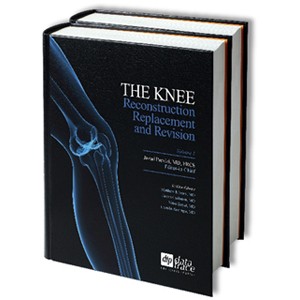
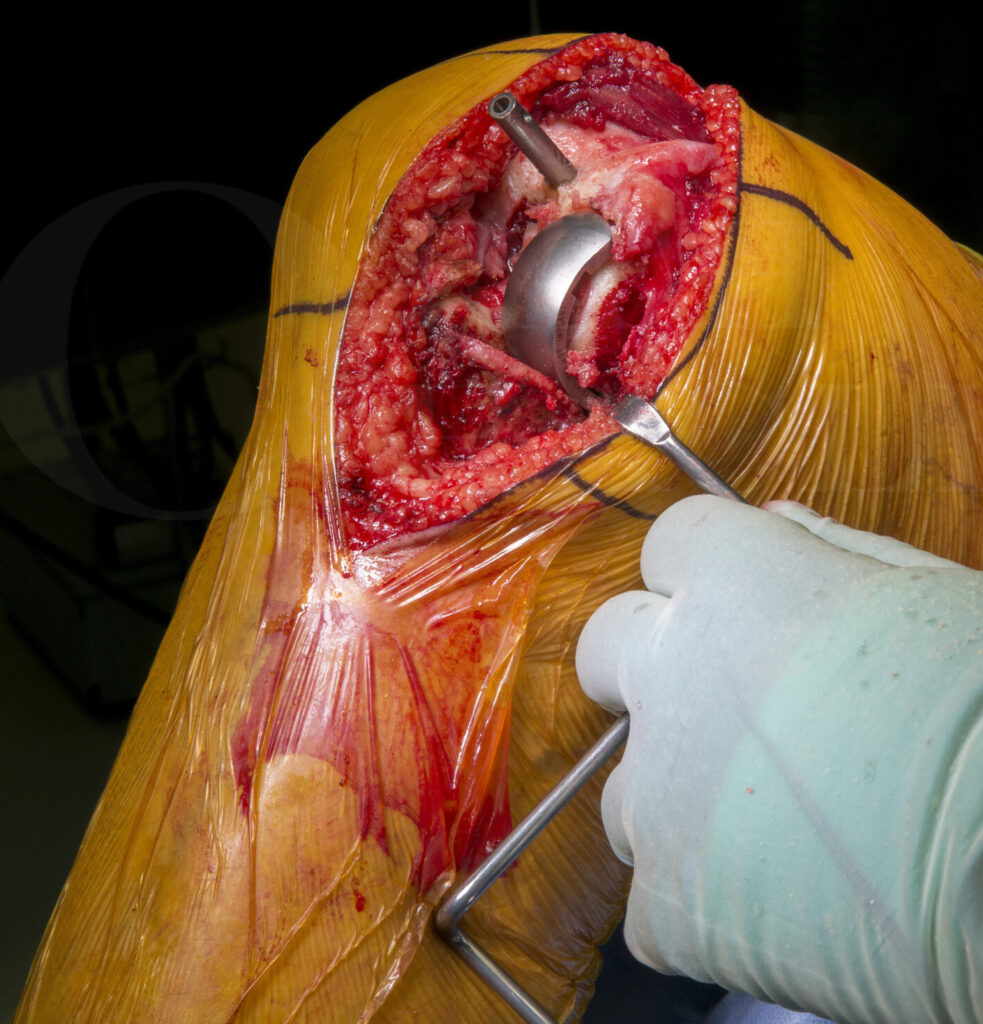
(see also: Physical Exam; Radiographs)
- ACL
- Anatomy of the Knee
- Anteromedial Rotatory Instability
- Anterolateral Rotatory Instability
- Arcuate Ligament Complex
- Arthrofibrosis
- Arthroscopy of the Knee
- Arthrodesis
- Articular Cartilage
- Baker's Cyst
- Bipartite Patella
- Blood Supply
- Blount's Disease
- Bursitis
- Capsule
- Chondral Injuries of the Knee
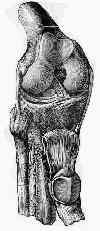
- Chondromalacia
- Diff Dx
- Discoid Meniscus
- Dislocations of the Knee
- Extensor Mechanism Injuries of the Knee
- Flexion Contracture
- Gait
- Genu Varum
- Hemarthrosis
- High Tibial Osteotomy
- Intercondylar Eminence Fracture
- Jumper's Knee
- Kinematics of the Knee Joint
- Lachman Exam
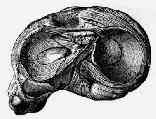
- Lateral Anatomy
- Lateral Collateral Ligament
- Lateral Retinacular Release
- Ligaments of Humphrey and Wrisberg
- Medial Collateral Ligament
- Medial Compartment of the Knee
- Medial Patellofemoral Ligament
- Medial Synovial Plica
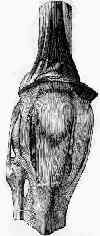
- Meniscii
- Meniscal Repair
- Menisco-Femoral Ligaments
- Microfracture of the knee
- MRI-Knee
- Oblique Popliteal Ligament
- Osgood Schlatter Lesion
- Osteoarthritis
- Osteochondral Defects
- Osteochondritis Dissecans
- Osteonecrosis of the Knee
- Osteotomy, Tibial
- Osteotomy, Distal Femoral
- Patella
- Physical Exam
- Pivot Shift
- Plateua Fracture
- Popliteal Cysts
- Posterior Oblique Ligament
- Posterior Cruciate Ligament
- Postero-lateral Instability
- Puncture of the Knee Joint
- Q angle of the Knee
- Quadriceps Rupture
- Radiograhpic Evaluation of the Knee
- Running Injuries
- Septic Knee
- Sindig-Larsen-Johanssen disease
- Subluxation of the Patella

